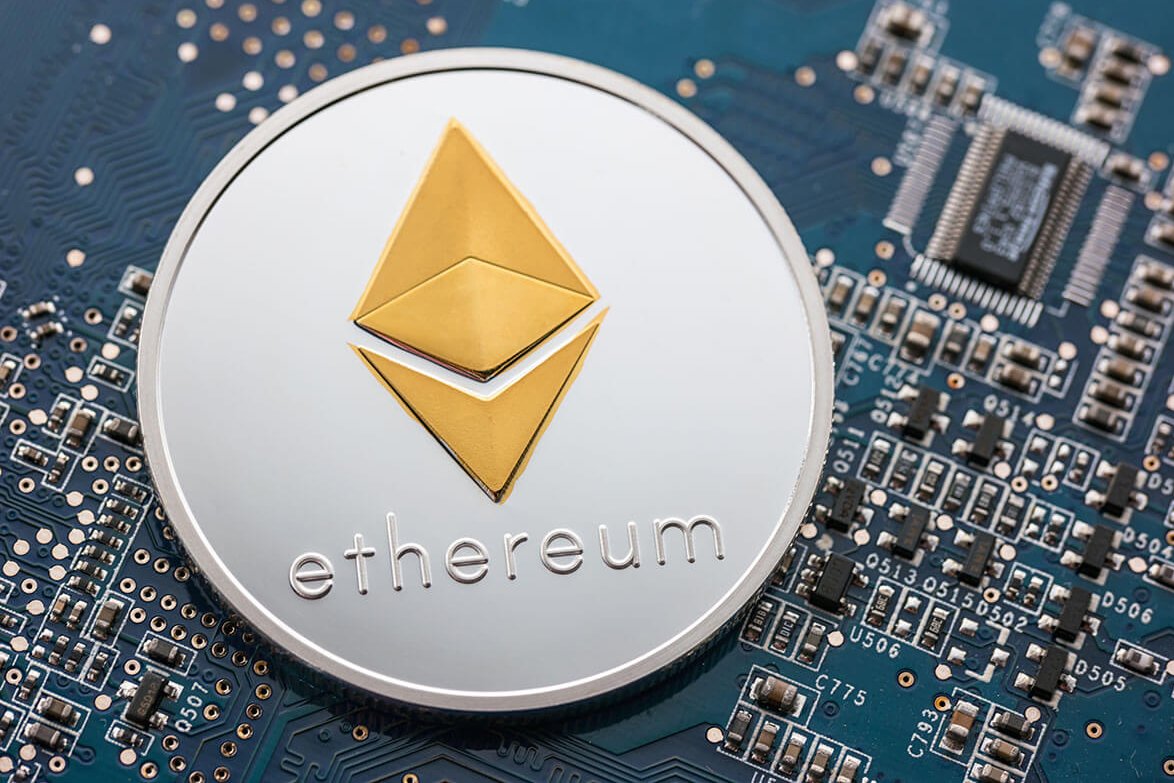

Solidity is a smart contract programming language native to Ethereum. It has been a buzzword for quite some time now thanks to its ability to implement smart contracts on blockchains. Solidity programming tackles real-world solutions with a simplistic approach using a language that is similar to C and JavaScript.
Currently, Solidity programming can generate smart contracts for various uses, including blind auctions, voting, crowdfunding, and multi-signature wallets. Let’s see how it works.
The term smart contract was first introduced in 1994 and refers to recording contracts in the form of computer code. When preset conditions are met, the contract is automatically triggered.
Smart contracts enable self-executed transactions, with no need for intermediaries like banks or other institutions. 25 years ago, the idea was too forward-thinking to be put into practice as there was no technology available to support this type of code.
Thanks to the development of blockchain technology, smart contracts are possible on Ethereum and other blockchains. More than its ETH cryptocurrency, Ethereum is a blockchain-based developer platform that allows other blockchain-based applications to be built on it using smart contracts.
Smart contracts are possible thanks to blockchain technology’s ability to remember everything, and parties don’t experience trust issues. The people involved don’t even need to trust each other since the contracts are executed only when pre-agreed terms are met.
Solidity is a relatively new coding language released with Ethereum in 2015 and is designed for blockchain developers. Solidity programming allows developers to write and implement smart contracts on the Ethereum blockchain, which is still the most popular platform for smart contracts.
It was developed by Gavin Wood, a co-founder and former CTO of Ethereum. Ethereum programmers Alex Beregszaszi, Christian Reitwiessner, Liana Husikyan, and Yoichi Hirai were also part of the team.
Solidity runs on the Ethereum Virtual Machine (EVM), which enables the development of smart contract systems.
Ethereum’s coding language allows a contract to interrelate with other contracts and update terms when necessary. Since smart contracts are self-executing, programmers should pay extra attention to the data they input in the code. Any bug or error in a smart contract can cause unthinkable damage, such as with the DAO hack in 2016.
Solidity programming enables contracts to execute literally, so any ambiguity can block transactions. With traditional contracts, parties can work together and reach an agreement. But this doesn’t happen on a blockchain where transactions are irreversible.
Solidity programming isn’t for beginners. You should already be familiar with C++, JavaScript, or Python to write smart contracts and build blockchain applications on Ethereum.
As long as the smart contract has all the binding elements of a signed paper contract, then yes, they are legally binding. While they don’t substitute contractual agreements, smart contracts can automate parts of traditional arrangements, especially when it comes to payments.
Here are the binding elements you need to consider:
Solidity programming wasn’t created to transform the future. Smart contracts are part of the present, with many industries implementing them for increased efficiency.
Insurance companies and even governments are using smart contracts to automate payments and reduce costs. They’re also used in business management, the healthcare industry, and ICOs.
More industries will surely begin to adopt smart contracts as they minimise the risks of fraud and scams. At the same time, using software to automate contracts can eliminate intermediaries, cut down costs, and speed up transactions.
Solidity programming is the primary code language currently used for implementing smart contracts. Developed on the Ethereum platform, Solidity allows programmers to write smart contracts and blockchain dApps.
This programming language isn’t simple and developers need to pay extra attention to what they put in the contract since smart contracts are self-executing, and any error could lead to incorrect transactions.
Denver, Colorado, 24th February 2025, Chainwire
Denver, Colorado, 20th February 2025, Chainwire
Washington, D.C., 18th February 2025, Chainwire
Dubai, UAE, 27th January 2025, Chainwire
Those who enter the market at this time may be surprised to hear that Bitcoin…
George Town, Grand Cayman, 22nd November 2024, Chainwire